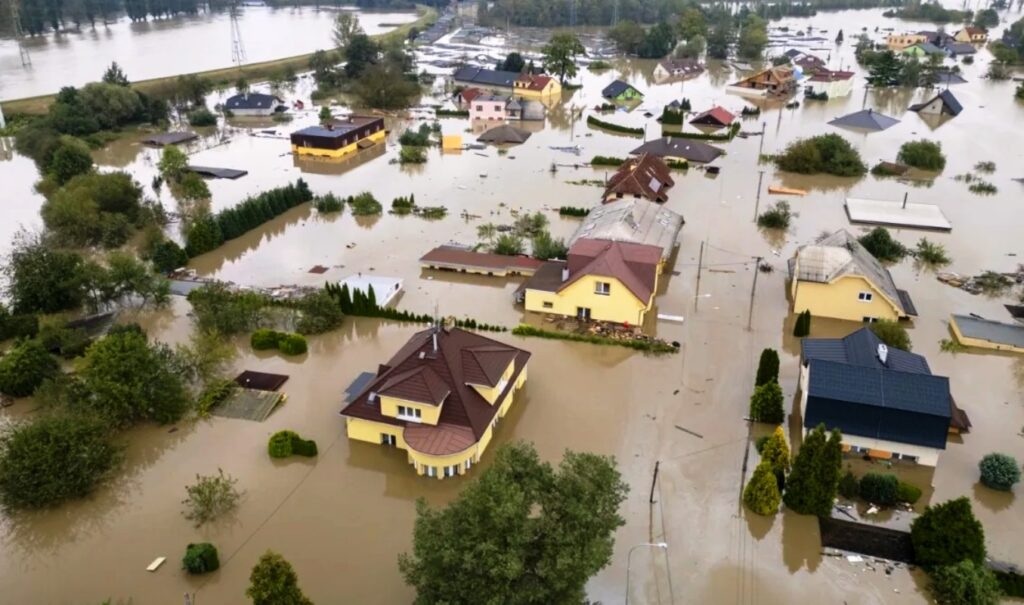Germany’s Federal Office of Civil Protection and Disaster Assistance (BBK) has issued a new guide with updated guidelines for preparing citizens during periods of crisis or emergency. The recommendations cover cases of power outages, floods, and even explosions, while now including recognition of disinformation campaigns.
The goal, according to authorities, is for citizens to be able to respond autonomously for at least a few days, until organized state assistance arrives.
Germany: Power banks, radio and maps on survival checklist
The BBK calls on citizens to maintain food and water supplies for 3 to 10 days, calculating 2 liters of water per person daily with half for cooking. Storage of medications, bandages and essential items is also recommended.
In case of extensive power outages, which may result from cyberattacks, storms or sabotage, the service recommends having printed maps and written emergency numbers, as telephone and internet services may not function.
The checklist also suggests power banks for charging devices and a battery-powered or hand-crank radio for monitoring official updates.
Germany: What to do in case of explosion or disinformation
The updated guide added instructions for explosions. Citizens are advised to take shelter in interior spaces with as few exterior walls as possible and no windows, with basements considered the safest areas.
Additionally, the BBK asks citizens to be able to identify disinformation phenomena. They recommend checking if news comes from reliable sources, whether authors use real names, and if websites are known and verified.
“Preparation saves lives”
Federal Interior Minister Alexander Dobrindt emphasized that the Civil Protection Pact allocates 10 billion euros through 2029 for modernizing the civil protection system, from vehicles and equipment to personnel training.
“Prevention concerns every individual at home. Proper preparation saves lives,” stated Mr. Dobrindt.
The guidelines also include detailed information on document storage, items needed in emergency kits, and provisions for children, such as neck wallets or SOS capsules with their information.




